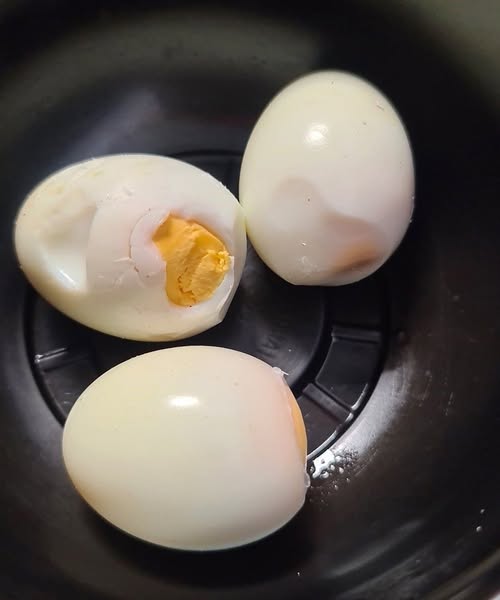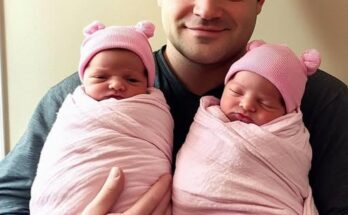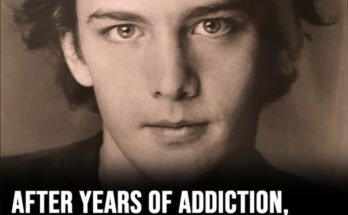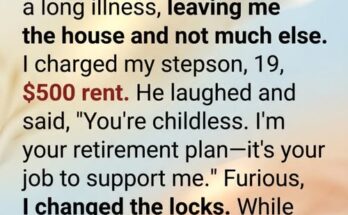
For many people, breakfast is either rushed or overlooked entirely. A slice of toast eaten in a hurry, a sweet pastry grabbed on the way out the door, or nothing at all until hunger becomes impossible to ignore.
Yet doctors and nutrition experts continue to point to one simple, familiar food that can quietly improve how the body feels and functions throughout the day.
Eggs.
Eating eggs in the morning may sound ordinary, even old-fashioned, but regular experience and modern nutritional understanding suggest it can influence energy, fullness, and overall well-being more quickly than most people expect. For adults over 60, these effects can feel especially meaningful.
This is not about following a strict diet or making dramatic changes. It is about choosing a breakfast that works with your body instead of against it.
Why breakfast choices matter more with age
The first meal of the day helps set the body’s rhythm.
Foods that are high in refined sugar or processed starch often cause energy to rise quickly and then drop just as fast. This can leave people feeling tired, unfocused, or hungry again within a short time.
Eggs behave differently.
They digest slowly and provide steady nourishment, helping the body maintain balance instead of swinging between extremes. Many people notice that when they eat eggs for breakfast, they feel comfortably full longer and experience fewer mid-morning cravings.
As we get older, maintaining steady energy becomes more important. Recovery from blood sugar dips can take longer, and fatigue may feel heavier than it once did. A more stable breakfast can make the entire morning easier to manage.
Do eggs really affect cholesterol?
For years, eggs were surrounded by fear because of their cholesterol content. Many people were told to avoid them, especially if they were concerned about heart health.
Today, the understanding is more nuanced.
While eggs do contain cholesterol, research has shown that for most healthy adults, cholesterol from eggs does not automatically translate into higher risk for heart concerns. In fact, many specialists now point out that refined sugars and highly processed carbohydrates are more closely linked to inflammation and unhealthy blood fat levels.
This does not mean eggs should be eaten without thought. Balance always matters. But for most people, eggs can comfortably fit into a sensible, varied diet without fear.
Cholesterol’s overlooked role in the body
Cholesterol often gets a bad reputation, but it plays essential roles in the body.
It is a building block for many hormones that influence mood, energy, and overall vitality. These hormones help regulate everything from how rested we feel to how our bodies respond to daily stress.
Including eggs regularly may help support these natural processes. Many women report improvements in how their skin and hair look and feel, while men often describe feeling steadier and more energized.
These are not overnight changes, but gradual shifts that reflect better nourishment rather than quick fixes.
Eggs as a reliable source of protein
Protein needs become more important as we age.
Eggs are often described as a “complete” protein source because they contain all essential amino acids in forms the body can easily use. Compared to some other protein sources, eggs are gentle on digestion and efficiently absorbed.
This makes them particularly useful for:
Older adults who want to maintain muscle strength
People recovering from illness or periods of low appetite
Anyone trying to feel stronger and more resilient
Adequate protein helps support mobility, balance, and independence, which are priorities for many people later in life.
Supporting the liver with everyday foods
One lesser-known benefit of eggs is their choline content.
Choline is a nutrient that plays a role in supporting normal liver function and helping the body manage fats efficiently. Eggs are one of the most accessible dietary sources of choline.
Rather than relying heavily on supplements, many nutrition professionals encourage people to meet their needs through whole foods when possible. For those who feel run-down or sluggish, improving daily nourishment can sometimes be more helpful than adding more pills.
A compact source of vitamins and minerals
Each egg contains a wide range of nutrients packed into a small serving.
Vitamin A supports vision, skin, and immune function
Vitamin D helps with bone health and calcium absorption
Vitamin B12 supports nerve function and blood health
Eggs also provide minerals such as selenium, zinc, and iron, which contribute to energy production and overall resilience.
This combination makes eggs a practical choice for people who want more nourishment without large portions or complicated meal planning.
Choosing eggs wisely
Not all eggs are the same.
When possible, eggs from hens raised in more natural environments often contain higher levels of beneficial fats, including omega-3 fatty acids. Omega-3s are known for their role in supporting brain health and emotional balance, which can be especially valuable as we age.
That said, even standard eggs offer meaningful benefits. What matters most is consistency and preparation.
How eggs are prepared matters
The way eggs are cooked can influence how they support health.
Simple methods such as boiling, poaching, or lightly scrambling tend to preserve nutrients without adding unnecessary fats or sugars. Pairing eggs with vegetables instead of refined breads or sweet sides can further support steady energy.
Eating eggs as part of a balanced breakfast, rather than alongside sugary foods, helps maximize their benefits.
Can eggs really make a difference that quickly?
Many people are surprised by how fast they notice changes.
Within a week or two, some report:
Feeling fuller longer after breakfast
Having steadier energy through the morning
Reduced urge to snack on sweets before lunch
These changes are not dramatic or extreme, but they are noticeable. Small improvements add up, especially when they make daily routines easier and more comfortable.
A simple habit with lasting impact
Eating eggs in the morning is not a miracle cure, and it does not replace medical care or professional advice. But it is a practical, affordable habit that can support better daily nourishment.
For adults over 60, simplicity matters. Foods that are easy to prepare, satisfying, and nourishing help support independence and quality of life.
Eggs fit naturally into that picture.
Sometimes, the most effective changes are the least complicated ones. A steady breakfast, built around familiar foods, can quietly support the body from the inside out.
And for many people, that steady support begins with eggs on the plate each morning.


